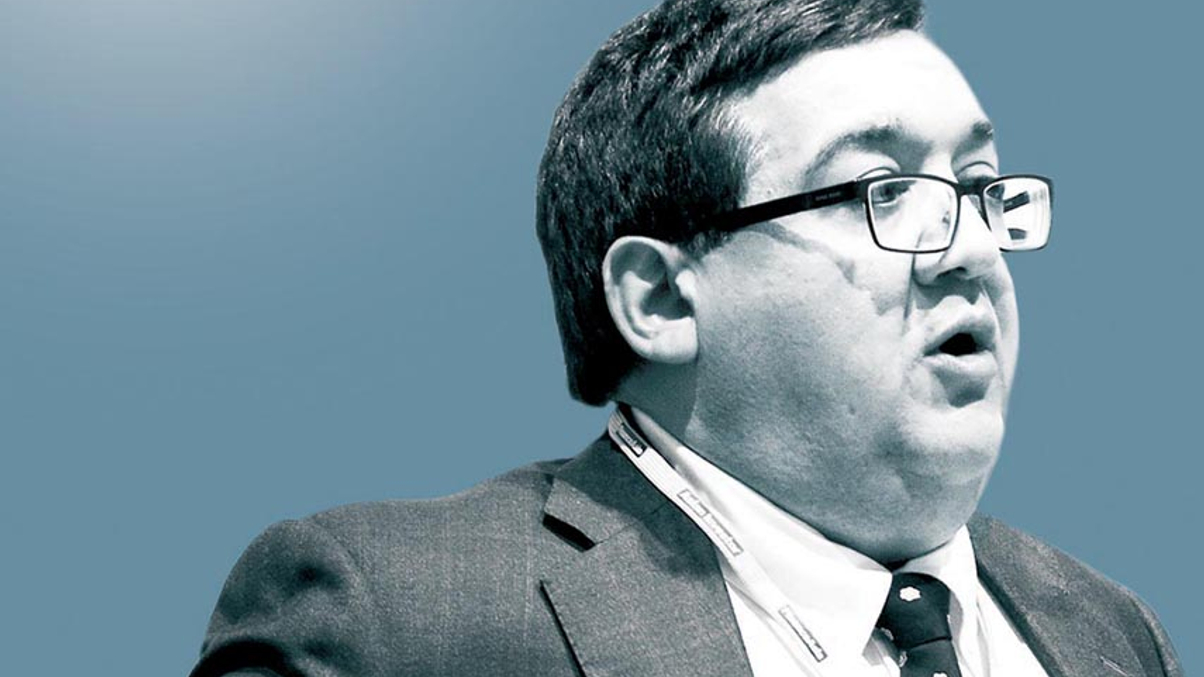Top 20 pension execs: Sam Sicilia, Hiroichi Yagi
We are identifying 20 outstanding executives who are driving the region's pension funds forward. Today, we feature leaders from Australia's Hostplus and Japan's Secom.

At a time when Asia Pacific’s pension funds need to modernise, expand and improve, having high calibre professionals in key roles will be vitally important.
Sign in to read on!
Registered users get 2 free articles in 30 days.
Subscribers have full unlimited access to AsianInvestor
Not signed up? New users get 2 free articles per month, plus a 7-day unlimited free trial.
¬ Haymarket Media Limited. All rights reserved.


